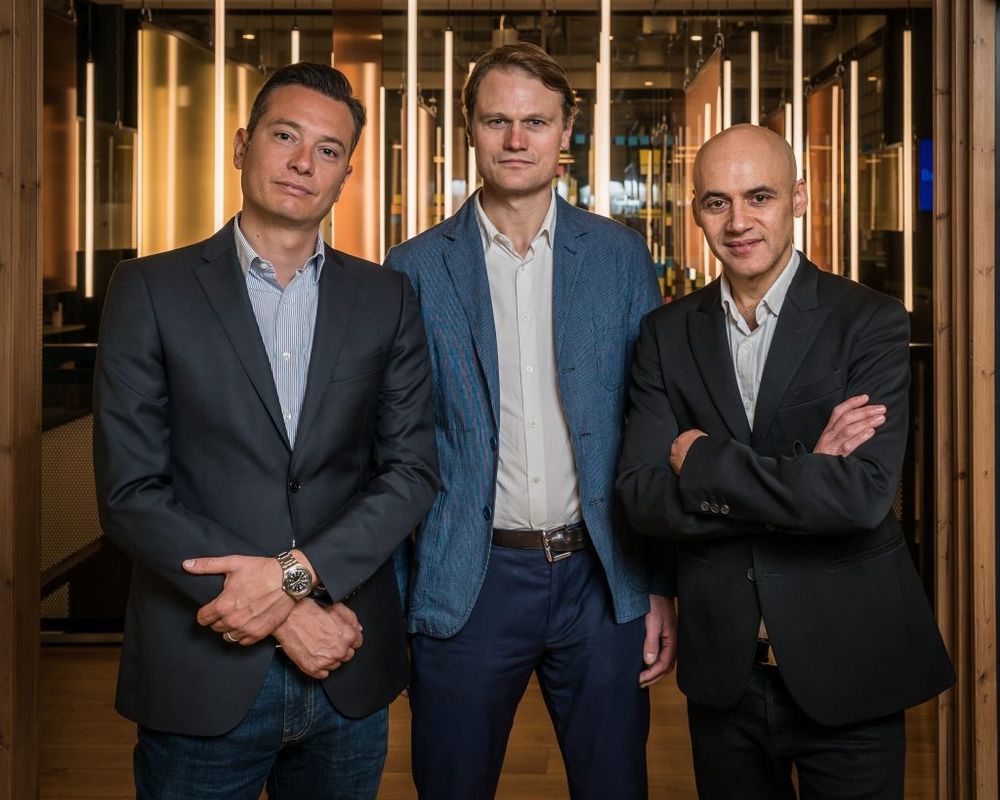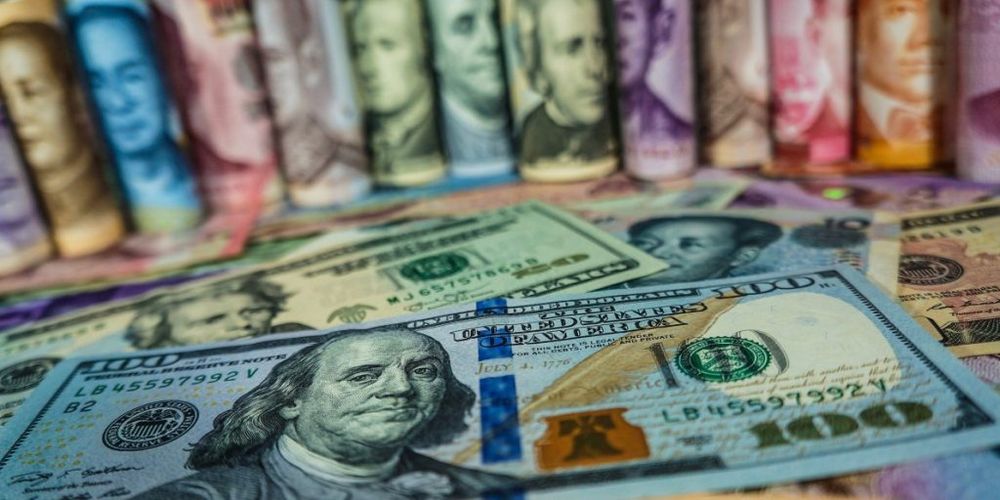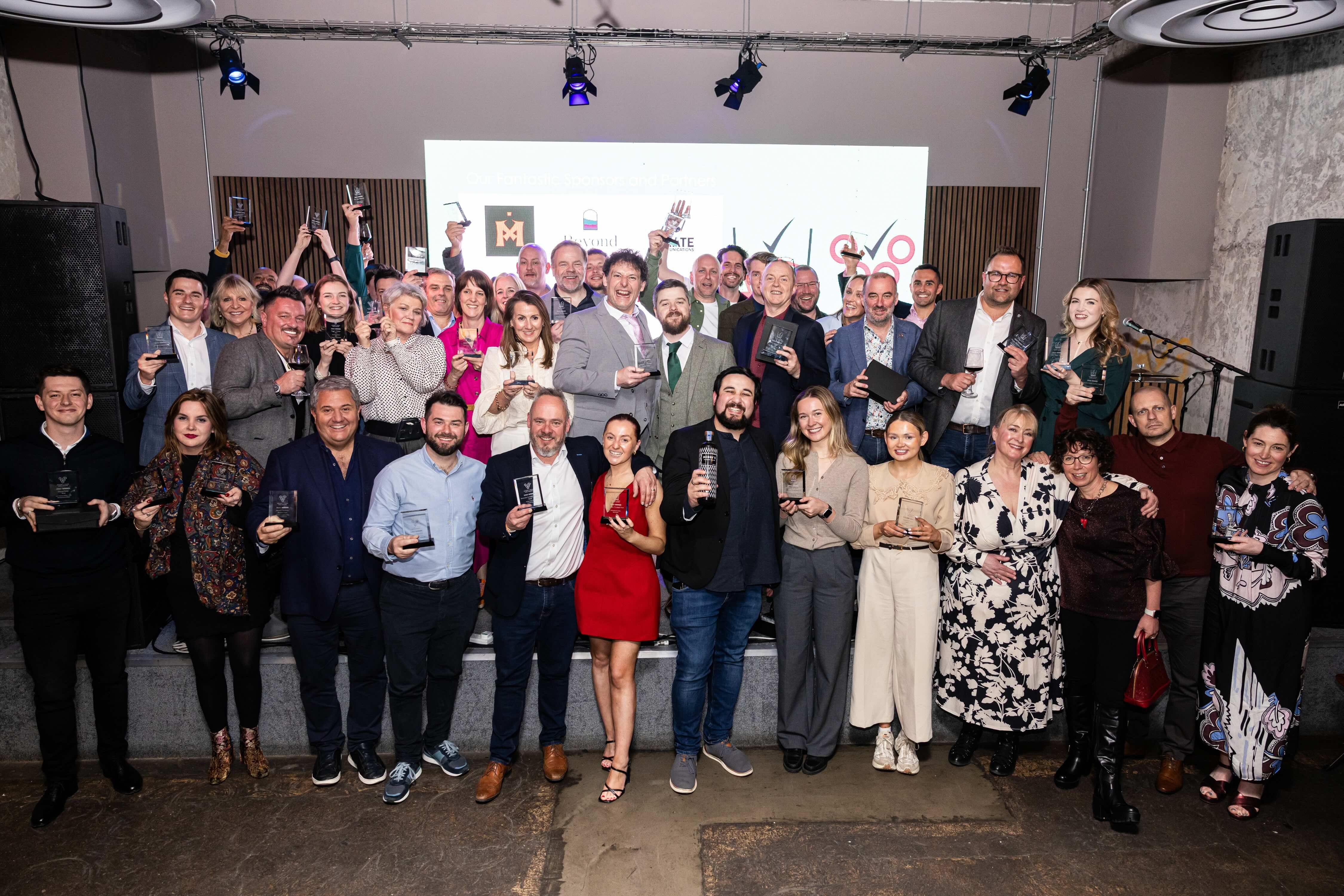The drinks industry lives and breathes by the effectiveness of its supply chain and its ability to take products from producers and brand owners all over the world and distribute them directly to the businesses that need to sell them. Here’s how Chac, a new blockchain specialist business, believes blockchains will play an increasingly important role in how those supply chains work.
Chac has been set up by four partners, each with their own distinctive previous careers, to develop blockchain solutions for different sectors – including the drinks industry. They include former drinks journalist and content specialist, James Aufenast, web technology expert, Ed McCulloch, Alex Lacoponi, digital media executive, and blockchain developer, Martin Georgiev. Here Aufenast takes us through what blockchains are and why they are specifically well suited to the needs of the drinks industry.
What is your definition of a blockchain?
The blockchain is a digital ledger, with publicly and chronologically recorded transactions. Recording transactions is actually an incredibly complex process. The growth of global commerce has created a network of systems vulnerable to fraud, error and misinterpretation. Many products have to pass through manufacturing, legal, regulatory, financial and commercial requirements, relying on intermediaries along the way: government officials, lawyers, accountants, dealers and banks.
All of this adds time and cost and becomes the breeding ground for fraud. This is where hyper ledger blockchain technology comes in. Its role of eliminating vulnerabilities with transparent transactions is key.
Under blockchain, all parties are involved in a secure and synchronised system. Records of every sequence of transactions from beginning to end are recorded, from hundreds of steps in a supply chain to just a single online payment.
As each transaction occurs, they are put into blocks. Each block is connected to the one before and the one after. Transactions are blocked together and the fingerprint of each block is added to the next. This creates an irreversible chain or blockchain.

Lacoponi, Aufenast and McCulloch have come together to create blockchains solutions for different industry sectors
Why do you think it is going to be such a disruptive force in business?
Blockchain is going to have the impact on transactions that the internet did on communications. Think about how many transactions take place every day – contracts, deeds, financial, public and private records. If blockchain is implemented fully, all of these will be affected and in fact positively transformed. Blockchain will free up capital flows, speed up processes, lower transaction costs and provide security and trust.
What do you see as the practical uses for it in the drinks industry?
Application in the Supply chain
If you are a wholesaler, importing wine from all around the world – with a demanding customer in the form of a supermarket buyer at the other end – it’s hard for you to keep track of the range of supply chains and all links in those chains, but significant legislation and a high-level compliance requires you to do so. Blockchain allows you to significantly increase your auditing capabilities, accountability and record keeping – and at speed. That’s because every participant in the supply chain is required to log their activity – and that logging of activity has to be verified by all users.
There are three key elements to blockchain technology: it’s a shared form of record keeping, so no one person or organisation holds ownership of the blockchain; it’s permissioned; and third, a blockchain is secure. Everyone involved is allowed to have a copy and access to every piece of data. No transaction can be added without consensus. So it’s tamper-resistant and you can easily locate any losses or damage, or answer complex questions that a buyer might have thanks to the transparency and ease of recalling any information.
It is like having a photography of a bottle at each touchpoint along the journey, with certificates of authenticity, real-time records of every payment transaction, product details and serial numbers.

Keeping on top of wine movements through the supply chain can be helped by blockchains
Fraud/verification
If you’re an investor in expensive wine from around the world, a blockchain could – or should – be for you. Is that wine really what it says it is on the label? It says 1968 Lafite Rothschild, but..? Well your merchant says it’s Lafite and you trust your merchant and he’s a nice guy, but…maybe he’s going on trust as well.
This is where a blockchain comes in. Producers can create, register products and then monitor supply, all on the blockchain. Once that record is added it is permanent. This makes it highly secure and tamper-resistant. Not even a system administrator can delete the facts.
The obvious application is at this premium end. But blockchain can be used in relation to any certification of origin such as organic, biodynamic or Fairtrade.
Where are the quick wins?
As a single use piece of technology that relies on tagging and blockchain application, the verification of provenance is something that can be brought to market now. Organising a supply chain along blockchain lines is more complex and involves more parties agreeing to the process, but the agreements are the main obstacle in the road. Once you have people signed up, you can proceed with the build. Implementing a simple private blockchain is possible now and we can enact that without fuss and tailor a blockchain that is particular to a set of requirements.
What are the longer term uses for block chains?
Thinking laterally, there may come a time when people log their identities on the blockchain and then collect themselves into virtual nations, with world citizen passports that rely on no national boundaries but have a ‘BitNation’ – a nation bordered by source codes but with its own constitution agreed to by users.
Are there any examples that you think would be good for those in the drinks sector to look at to better understand the potential block chains have?
Land Registry
A really good and simple example is land titling. There is considerable paperwork, errors and counterfeit issues involved with who owns what. But the government in Sweden has looked at putting deeds and titles on the blockchain to reduce the disagreements over ownership. This means there is likely to be a land registry blockchain system in place in Sweden in 2019. Further, the Indian state of Andhra Pradesh now has more than 100,000 land records recorded using blockchain, and this number is growing.
Medical Records

Here’s another great example of pulling together varying sources of disparate data. When you move house and are seeking a new doctor sourcing your records becomes an issue. Having a private blockchain in action you don’t want the whole world knowing your medical issues allows you and the hospital/surgery access. Estonia has used cybersecurity firm Guardtime to create a system based on medical technology where the individual and the medical authorities visit the records.
Additionally, in the US, technology company Gem has partnered with the Center for Disease Control and Prevention to use blockchain to monitor infectious diseases. They are encouraging patients to take control of their health and act on what they find.
Personal Identity
Instead of a passport, people can now log their ID details on the blockchain. The personal data is secured, can be used globally, and will eliminate fake identities. A cryptographic hash can be created which makes it unavailable to hackers or intruders. But then when someone needs to use another service such as a bank or insurance service, they access the id information and connect it with the service they require.
Currency

Money is the most famous application of blockchain technology via virtual, or ‘crypto’ currencies. Here coins or tokens pass through an electronic network with an electronically coded address used to make the transaction. Users across the globe, or ‘nodes’ verify the data of each transaction that occurs: every transaction is a digital block that needs to be verified before it enters the system. Each computer competes to decide whether a) the money exists b) the sender and receiver and reputable and c) the request is legitimate. The winning computer then adds that block to the network. The best-known examples of cryptocurrencies are Bitcoin, Litecoin and Dogecoin.
Insurance
Fraud is rife when it comes to insurance claims, pushing up the cost of insuring items and creating huge inefficiencies. Not to mention the fragmented data sources and abandoned policies. Claims procedures can take months as each party communicates back and forth. But the introduction of blockchain will benefit both the insurance company and the end user. Encryption allows insurers to capture the ownership of assets being insured, with easier management and greater transparency.
What blockchain services are you looking to offer?
We are able to build private blockchain systems to a range of deliverables, varying deadlines, specs and scale. Because we are a boutique agency, we offer highly personal and speedy service. One of our partners is a blockchain backend technologist, so the expertise is in-house, immediately to hand and we can talk people through the specifics in detail.
After understanding the needs and pain points, we work up a solution with the client offering a variety of highly tailored options and then take it forward or advise on any other options.
It’s important to note that we are specialising in private blockchain rather than blockchain accessible by all. Most entities and corporations will not want all their activity made widely available. This is appropriate and sensitive to the needs of many people and organisations.
We will also offer conversational interfaces (chatbots), native video player implementation, and e-commerce implementation. We have created a chatbot for Diageo, built the native video player on IOS and Android for content provider TaTaTu and devised an e-learning tool for the Body Shop. Our development partner has worked on the new Manchester City website, building a new ticketing system and e-commerce platform for the club.
- If you would like to find out more about how a blockchain might benefit your business or talk to any of the team at Chac you can contact them here or email James Aufenast at jamesaufenast@gmail.com.










































